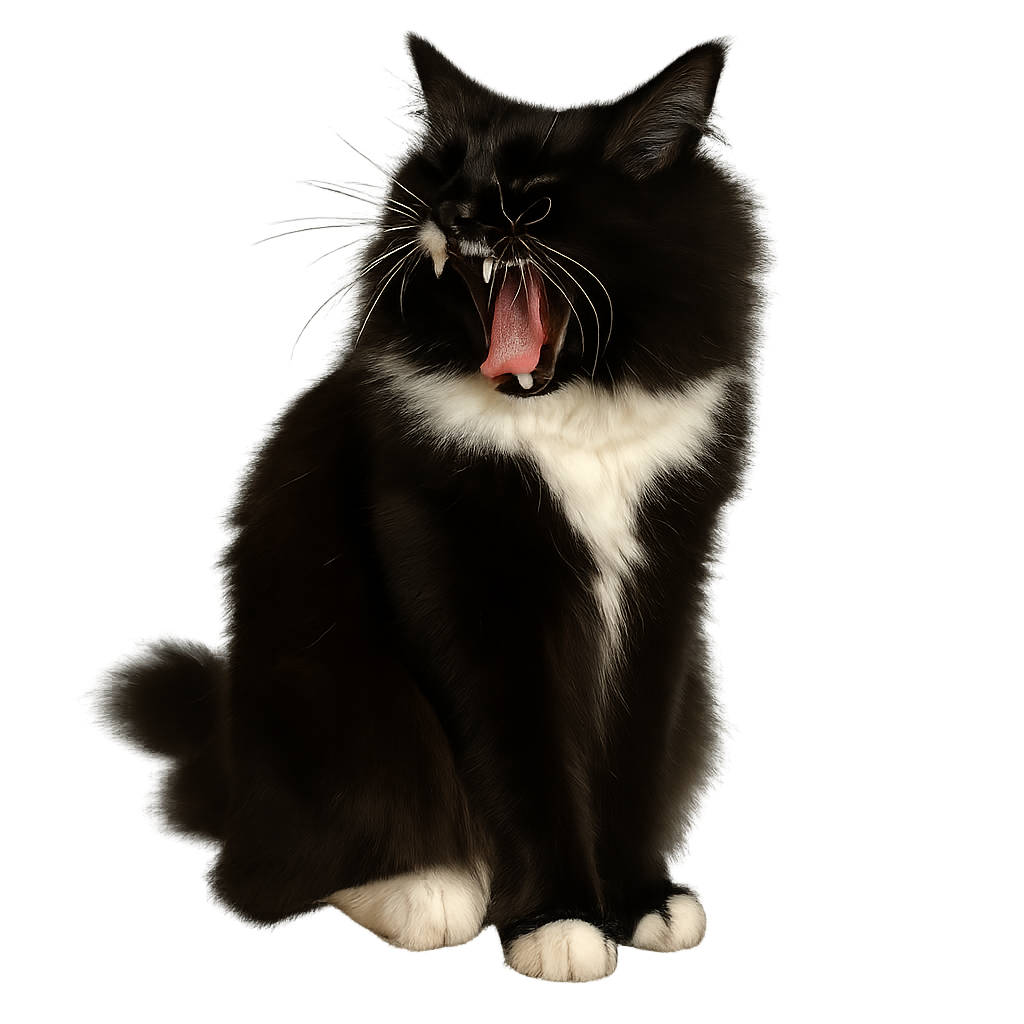Day 5: Apples, Oranges, and Cataracts |
This is day 5 of journaling with Selena. Today’s prompt:
How are apples and oranges supposed to be compared? Possible answers involve, but are not limited to, statistics, chemistry, physics, linguistics, and philosophy.
How would you describe an apple without using self-referencial language? Here, I’ll try. It’s a fruit that’s about the size of an orange, comes usually either red, yellow, or green. It’s got skin like a tomato, and it’s crisp like a cucumber. It’s sweet, often used in pastries like pies and tarts. Its flesh is yellow-white, and it’s juicy. Maybe not the best description, but at that point, I’d hope that most people would know what I’m talking about. And there, I compared apples to oranges. Wasn’t so hard.
I am not new to these games of descriptions. I have plenty of practice from my family. Oftentimes, I have no choice to try and describe something I lack the words for in Chinese. With my grandpa, I’d wave my arms and raise my voice, frustrated at not being understood. “It’s like a schoolbus, but not yellow, and people can pay to get on and off!” “Ohhhhh, a bus, you mean.”Bus, translated as 公交车, would inevitably leave my vocabulary just minutes later. Sometimes, it’d be harder to explain. When asking my mom if she knew what calculus was, she asked what it was in Chinese. I struggled again: “It’s like a branch of math, you take functions and you study how they change and accumulate. If I had a parabola (抛物线) and I found the tangent line at every point, i’d be doing calculus to find the function that is its derivative is.” This time, I wasn’t so lucky. Instead of recognition, my mom just gave me a blank stare, asking: “what’s a derivative?”
Other times, it’s not so low-stakes, and I’m pressed for a good explanation in the doctor’s office. Sitting with my grandmother and the doctor, my mind is pushed to the limits trying to flip medical and scientific jargon into terms that I can then communicate. “You have osteoporosis, so you need to take calcium supplements” became “your bones have little holes in them, uhhhh, I mean they’re soft, uhhhhh, and the doctor says that this medicine will make them harder.”
Last week, I translated for an appointment booking cataracts surgery. I have maybe used the word “cataracts” in English a total of ten times, and a fat zero times in Chinese. I tried my best while being brief: when you look, is it as if you’re looking through the glass at the hockey rink? Luckily, my analogy worked, and they nodded vigorously, gesturing to the doctor while saying that their vision has been poor for a while now. The appointment ended up lasting three and a half hours, the longest I’d ever translated for them. For hour-long appointments, my head would pound after searching for the best way to explain things. After that appointment, I could hardly drive home with such an awful headache (though I suspect that it would’ve still been safer for me to drive, given the answers that my grandparents gave to the doctor).
Comparing apples to oranges might be some kind of impractical comparison, but they really aren’t that fundamentally different. What matters is how you compare them, and under what circumstances. Because if I can make Stamford Twin Rink’s foggy plexiglass work as a diagnostic for cataracts, you could absolutely make a comparison between apples and oranges.
